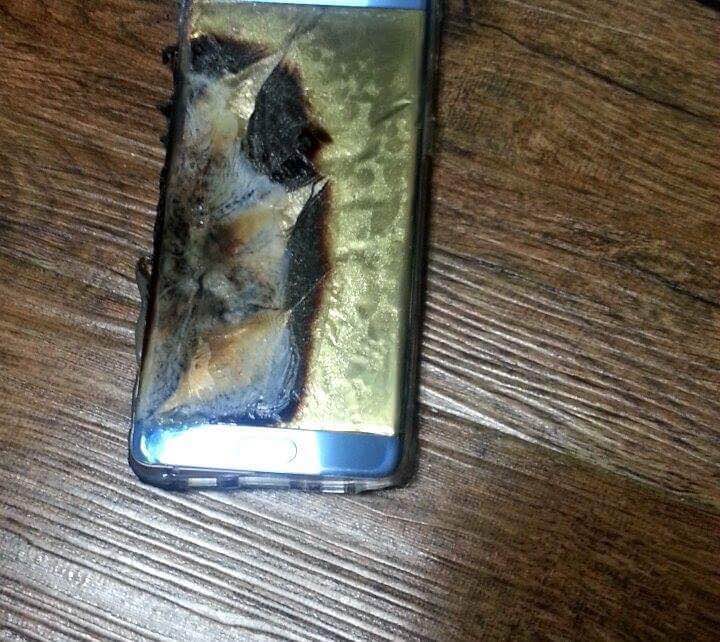
According to a statement from the Ministry of Trade, Industry, and Energy, lithium-ion battery manufacturers would be “subjected to greater oversight and regular inspections.” And given that these batteries are often found in portable, mobile devices (like smartphones and tablets), these pieces of technology would also have to undergo more consistent safety tests, the Ministry noted.
“We ask that the industry shares the view that making efforts to ensure safety is equally as critical as developing new products through technological innovation,” Vice Minister Jeong Marn-ki said in the statement.
Samsung recently determined that battery issues from two distinct suppliers — Samsung SDI Co. Ltd. and Amperex Technology Ltd. — were the cause of the Galaxy Note 7 fires. Ultimately, the South Korean phone maker was forced to recall all shipments of the phone, resulting in a loss of around $5.4 billion in operating profit over the course of three quarters.
To ensure that Samsung learns from its mistakes, the South Korean government has also noted that it will keep a close watch on the company’s attempts to improve battery safety. Included in this strategy are tactics like x-ray testing and more robust standards in the design process.
Moreover, the government says it plans on expanding the sorts of “serious product defects” that companies ought to report to regulators, and will also implement legal changes to allow officials to warn customers not to use potentially dangerous devices, even if they haven’t been recalled.
So here’s hoping that the great Galaxy Note 7 disaster of 2016 is solidly in the past.
Editors' Recommendations
- Every Samsung gadget we still expect in 2024
- iPhone Flip: what we know about Apple’s first foldable phone
- We may know exactly when the Galaxy Z Fold 5 and Z Flip 5 will be released
- Looking back at our favorite phones of 2022 — and why we loved them so much
- Goodbye Samsung Galaxy Note 20, you were a terrible phone


